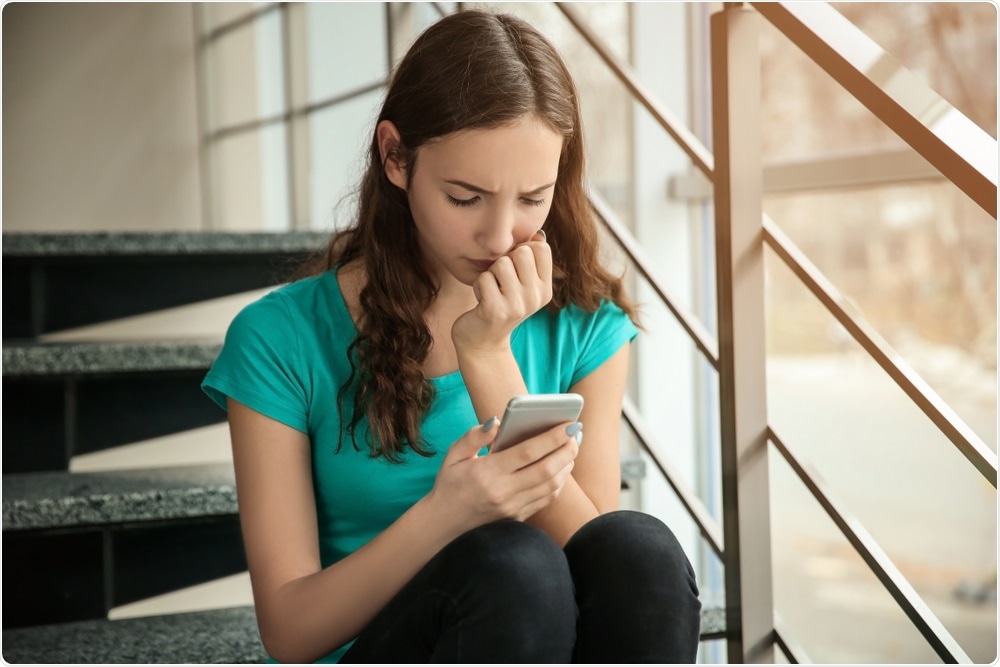
Psychiatrists to ask children about time spent online
The Royal College of Psychiatrists is urging psychiatrists to ensure that they ask children about their time spent online, as part of routine assessment for mental health issues.
 Africa Studio | Shutterstock
Africa Studio | ShutterstockConcerns are growing about the effect online activity is having on mental health, including mood, sleep, dietary habits, school performance and behavior, including the impact of graphic content such as material featuring self-harm and suicide.
The college advises that images of self-harm or content that promotes eating disorderscould influence existing mental illness and that conditions such as depression could lead children to spend more time online.
The recommendations come amid growing evidence pointing towards an association between harmful online material and/or time spent online, and poor mental health.
Children will be encouraged to talk about social media
The government is planning to publish a report later this year about its stance on the use of technology and children's mental health, which will include recommendations for children, parents and doctors.
The college recommends that during assessments, psychiatrists ask about harmful content that could potentially affect existing mental health problems; how technology use could be affecting sleep, mood, academic performance, eating habits and behavior and how conditions such as depression may increase the likelihood of a child spending more time online or using technology in a way that is detrimental.
The Royal College of Psychiatrists advises that children refrain from online activity at least one hour before bedtime, as well as avoiding it during mealtimes. UK MPs are also calling for a tax on social media companies and regulation that would enforce a “duty of care” on platforms such as Facebook, Twitter and Instagram.
Social media 'increases anxiety' and makes young people with mental health disorders 'feel worse'
Chair of the child and adolescent faculty at the college, Dr. Bernadka Dubicka, says that although it is understood that social media and technology are not primary drivers of mental illness in young people, it is known that they are an important feature in their lives and can be harmful in certain situations:
Chief executive of Young Minds, Emma Thomas says that young people the trust works with also rarely blame social media for causing mental illness, but do report that it compounds existing problems by increasing anxiety or making them feel worse when they compare their lives to other people’s.
National director for mental health at NHS England, Claire Murdoch, says: "Social media plays a big part in everyday life for most children and young people, but it should act as a wake-up call when leading psychiatrists say online activities now need to be considered when assessing youngsters' mental health and wellbeing."






















.png)












No hay comentarios:
Publicar un comentario